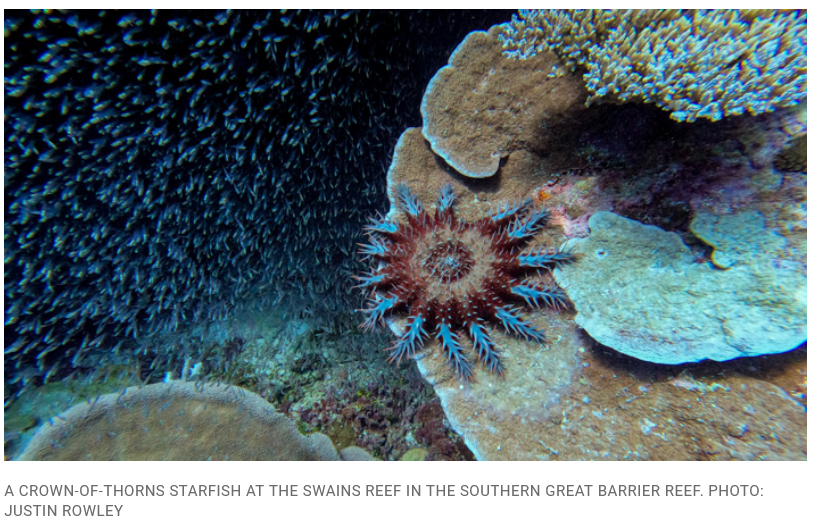Coral Bleaching
Sources: Various intenet pages as noted below.
Coral reefs are one of Earth's most diverse ecosystems. They provide significant ecological, economic, and societal benefits valued, globally, at about USD$9.8 trillion each year (de Groot et al. 2012, Costanza et al. 2014). Unfortunately, reefs worldwide are threatened by an increasing array of impacts, primarily from global climate change, unsustainable fishing practices, and land-based pollution.
First observed in the early 1980s, mass coral bleaching (whereby corals bleach over a wide area that can span tens, hundreds, or even thousands of kilometers) has become one of the most visible and damaging marine ecological impacts of persistently rising ocean temperatures. Bleaching is the process by which corals lose the symbiotic algae that give them their distinctive colors and main energy sources. If a coral is severely bleached, disease and death become likely. Severe coral bleaching has become more extensive, frequent, and intense.
More information is available at Coral Reef Watch.
NOAA News
On April 15, 2024, NOAA confirmed the world has been experiencing a global coral bleaching event. Bleaching-level heat stress, as remotely monitored and predicted by NOAA Coral Reef Watch (CRW), has been -- and continues to be -- extensive across the Atlantic, Pacific and Indian Ocean basins.
This is the fourth global coral bleaching event on record (following the 1998, 2010, and 2014-2017 global events), and the second in the last 10 years. The 2014-17 global event is considered the longest, most widespread, and the most damaging coral bleaching event on record. However, the ongoing global bleaching event is expected to surpass the extent and severity of the prior global event, in the weeks ahead, as the percentage of the world's coral reefs (i.e., satellite pixels containing coral reefs), which have experienced bleaching-level heat stress, continues to increase.
Great Barrier Reef in Australia
The Great Barrier Reef is but one of many coral reef systems across 53 countries that have experienced widespread coral bleaching in the last 12 months, prompting the USA’s National Oceanic and Atmospheric Administration (NOAA) to announce a fourth global bleaching event.
The 2023-24 summer has seen substantial climate driven impacts across the Great Barrier Reef, with widespread coral bleaching, two cyclones and several severe flood events. The Reef Snapshot 2023-2024, released April 17 by the Reef Authority, Australian Institute of Marine Science and the Commonwealth Scientific and Industrial Research Organisation (CSIRO), confirms the cumulative impacts experienced across the Reef this summer have been higher than previous summers. This also includes outbreaks of the coral-eating crown-of-thorns starfish.





